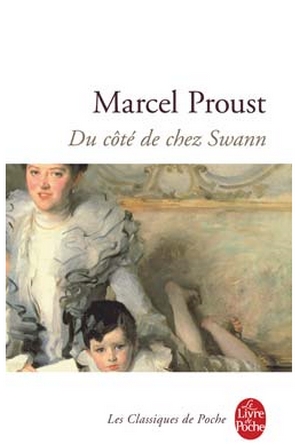



This impression would persist for some moments after I was awake it did not disturb my mind, but it lay like scales upon my eyes and prevented them from registering the fact that the candle was no longer burning. And half an hour later the thought that it was time to go to sleep would awaken me I would try to put away the book which, I imagined, was still in my hands, and to blow out the light I had been thinking all the time, while I was asleep, of what I had just been reading, but my thoughts had run into a channel of their own, until I myself seemed actually to have become the subject of my book: a church, a quartet, the rivalry between François I and Charles V. Sometimes, when I had put out my candle, my eyes would close so quickly that I had not even time to say I'm going to sleep. Read moreįor a long time I used to go to bed early. Considered a masterpiece of Modernist literature, Proust’s novel has inspired and mystified generations of readers, including Virginia Woolf, Vladimir Nabokov, Graham Greene, and Somerset Maugham. Beginning with Swann’s Way (1913) and ending with Time Regained (1927), In Search of Lost Time is a semi-autobiographical work of fiction in which Proust explores the nature of memory, the decline of the French aristocracy, and aspects of his personal identity, including his homosexuality.

As his health deteriorated, Proust confined himself to his bedroom at his parents’ apartment, where he slept during the day and worked all night on his magnum opus In Search of Lost Time, a seven-part novel published between 19. In 1896, with the help of acclaimed poet and novelist Anatole France, Proust published his debut book Les plaisirs et les jours, a collection of prose poems and novellas. Living in Paris, Proust managed to make connections with prominent social and literary circles that would enrich his writing as well as help him find publication later in life. He experienced poor health throughout his time as a pupil at the Lycée Condorcet and then as a member of the French army in Orléans. At nine, Proust suffered his first asthma attack and was sent to the village of Illiers, where much of his work is based. Born in Auteuil, France at the beginning of the Third Republic, he was raised by Adrien Proust, a successful epidemiologist, and Jeanne Clémence, an educated woman from a wealthy Jewish Alsatian family. Marcel Proust (1871-1922) was a French novelist.


 0 kommentar(er)
0 kommentar(er)
